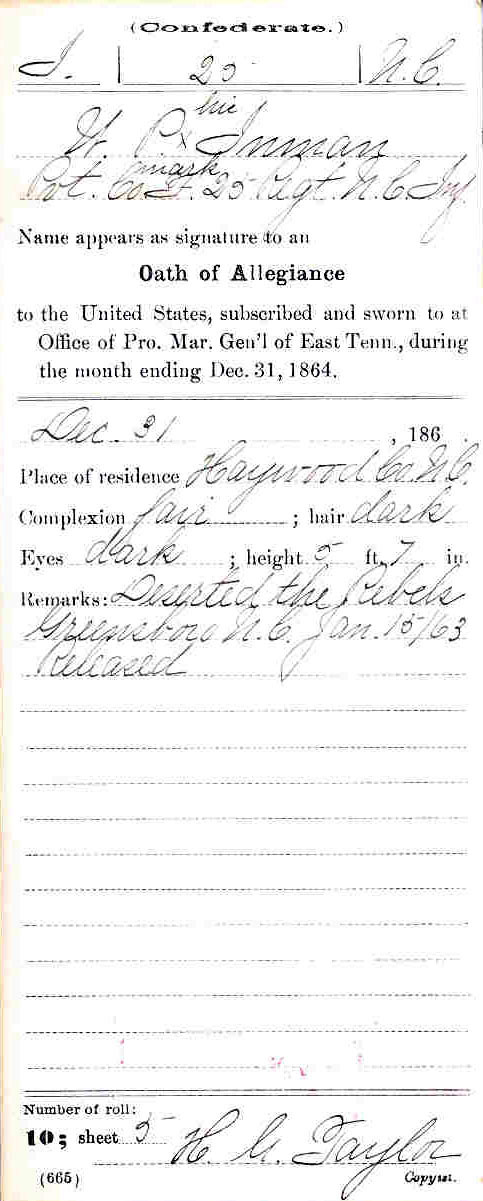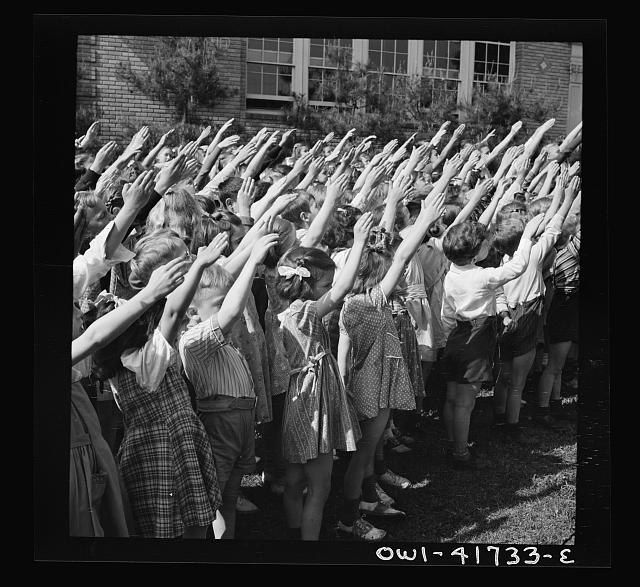I learned today that I am what people call a "binge tv watcher." I learned about this term by reading up on the specific television show that I have been binging on: Breaking Bad. I've read a few warning things about this, and this Slate article was especially insightful. Apparently even though I've hardly watched TV in any regularity over the past four months, watching three seasons of a TV show in the course of one week is considered a terrible habit. But, to be perfectly honest, I don't think I'll stop anytime soon (well, except in five more episodes when I've completed season 4 and there are no more episodes to watch).
The thing is, on the contrary to what Jim Pagels says in the Slate article, I don't think that taking time to ponder each episode after watching it is important to the viewing experience. With all due respect, I will say that as a person studying narrative I don't think you can tell someone how to take their narrative.... I mean, some people appreciate consuming things in high volume and sorting from there. Some people like to spend time on smaller sections at a time before moving on. I myself am a person who thinks best when I am given tons of material to think through. The sustained thinking on one single thing has the potential to send me into my own personal hell of self-contradiction by thinking through every single meaning and blah blah blah. No joy in that for me. Whereas if I had just moved on without fully forming opinions on what I'm reading/watching, I might actually be more open to whatever happens.
No, thank you Jim. I'll stick with binge TV for now. I find it the single best way to punctuate a time when I don't have any particular responsibility. I mean, I've watched four episodes of Breaking Bad today, and I expect one more before I go to bed. I'M ON VACATION! TV reminds me that I don't really have to think about this too much; I can sit back, relax, and enjoy the show. Of course, if this was my daily routine, this would be a problem. But as a way to spend a few days every now and then--especially on a rainy day like today--in between the world of responsibility, I think it's fun. Plus, there are relatively few shows that one can binge on -- Arrested Development, The Wire, Breaking Bad, 24, and Battlestar Galactica all set the bar high -- without getting bored or irritated pretty quickly. So, when a show like one of the ones listed above comes along, I think binging can be pretty great.





